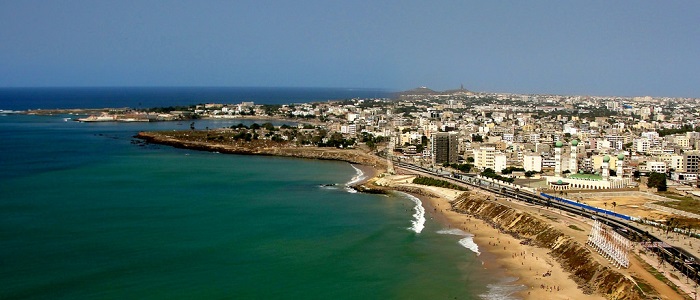
Summary
Social service delivery is still a major concern in developing countries seeking to reduce poverty, and enhance access to quality public services. Despite increasing intervention of public institutions in social programs, the poorest families in many African countries are not yet recipients of quality basic services. In 1995 the Government of Senegal launched wide-reaching reforms in the water sector. This paper analyzes the effectiveness of certain governance aspects in water delivery in Senegal, which, compared to education and health services, has received little attention.
This research investigates the effectiveness of critical governance mechanisms such as citizen participation, accountability and transparency, and how they affect public service delivery in the water sector in Senegal, in both urban and rural areas. It then analyzes the empirical relation between the governance variables and (a) user satisfaction with clean water provision by local councils, and (b) some objective measures of water outcomes.
The study finds that while systems of information and transparency are somewhat effective through meetings between councilors and water providers in both rural and urban areas, accountability mechanisms are more likely in rural communities. However, there is no significant effect of governance on water outcomes in rural communities. At the individual level, governance conditions are relevant for the beneficiaries’ satisfaction. Results further suggest that local council accountability has greater relevance compared to transparency (through information) in explaining citizens’ satisfaction with the provision of clean water. The study draws six policy implications, including the need for: stronger support for tax collection, greater accountability between the service provider and the municipality, greater participation from local councils, improving users’ experience of governance, regular reporting (council to the population) and sensitizing the population to the power of their own vote.
- Sènakpon F.A. Dedehouanou (Department of Economics, University of Abomey Calavi, Cotonou, Benin)
- Ibrahima T. Diop (Department of Economics and CREA, University of Dakar, Dakar, Senegal)
- Ameth S. Ndiaye (Department of Economics and CREA, University of Dakar, Dakar, Senegal)
Country and/or Region | Senegal
Name of the Program | Varieties of Governance: Effective Public Service Delivery
Funder(s) | DFAT (Formerly the Australian Agency for International Development (AusAID), the Department for International Development (DFID), UK, the French Ministry of Foreign and European Affairs, the Inter‐American Development Bank (IDB), International Development Research Centre (IDRC), Open Society Institute (OSI), The Partnership for African Social and Governance Research (PASGR) and the World Bank.
If you cite this resource, please notify communications@gdn.int with the subject line 'GDN citation'.





